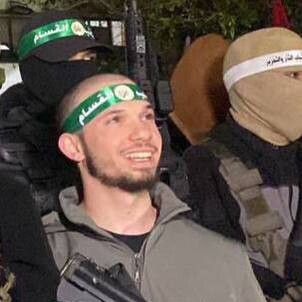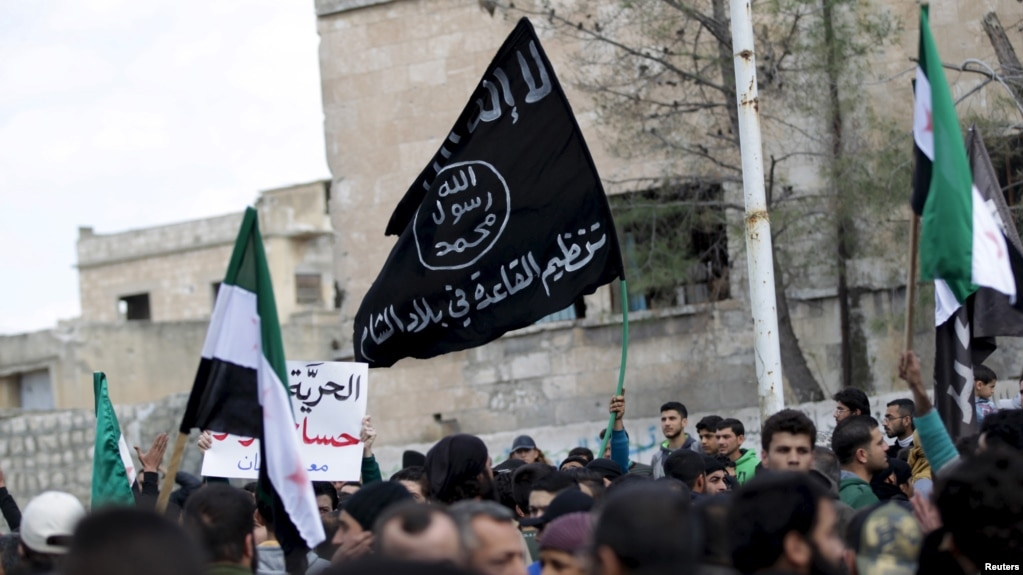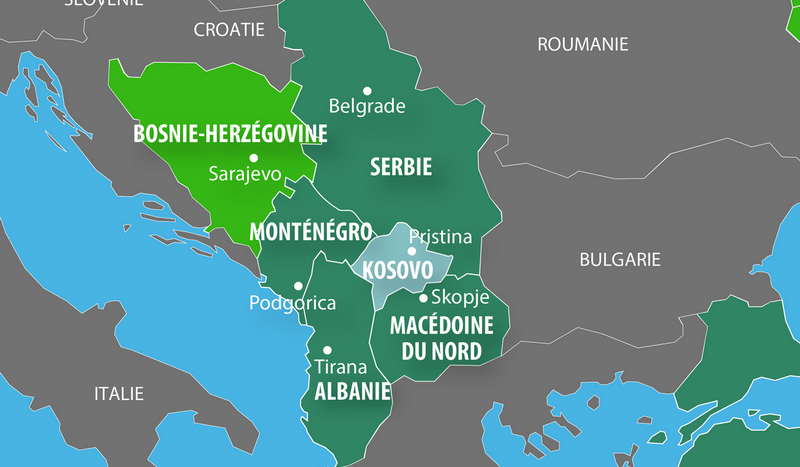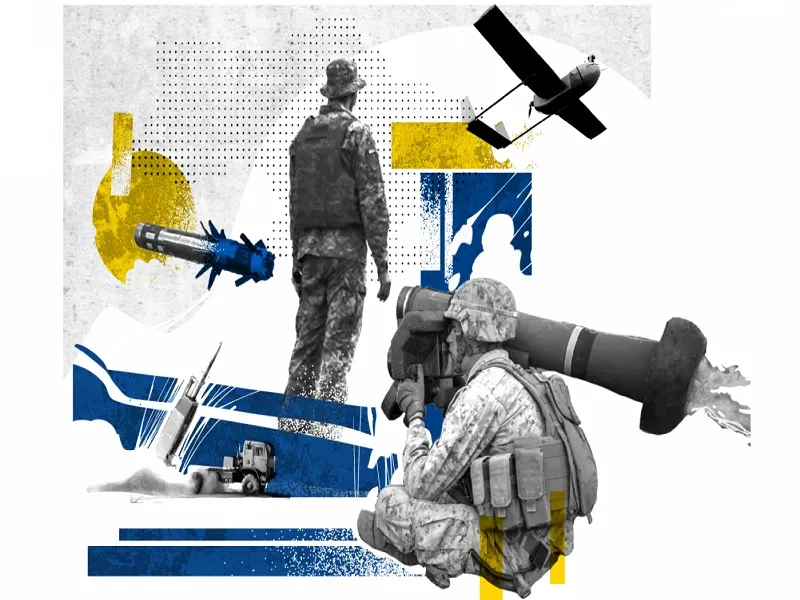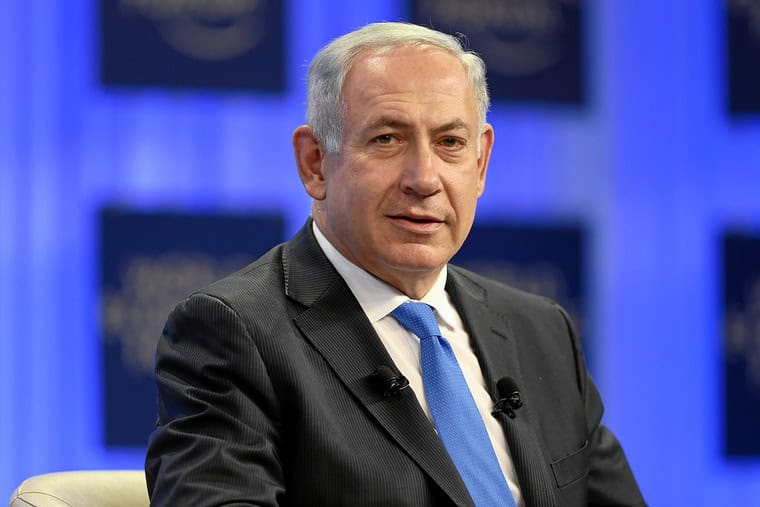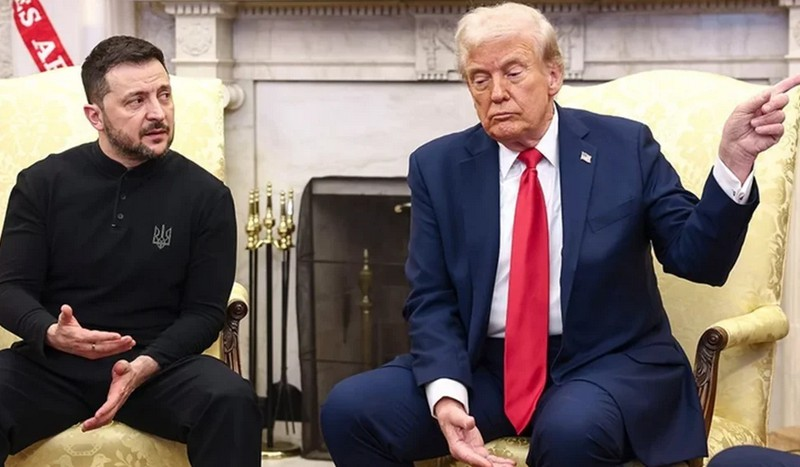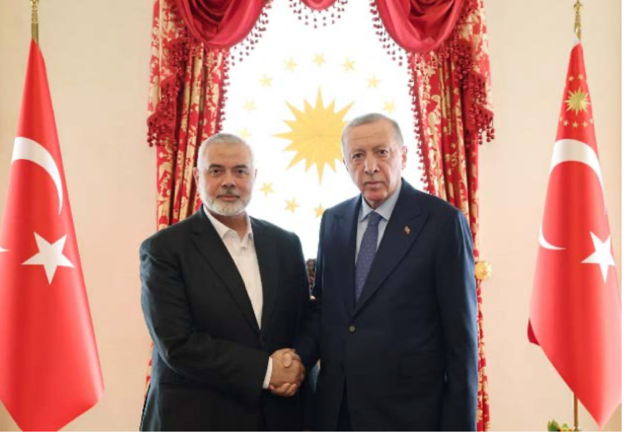The Case for Partition in Western Sahara
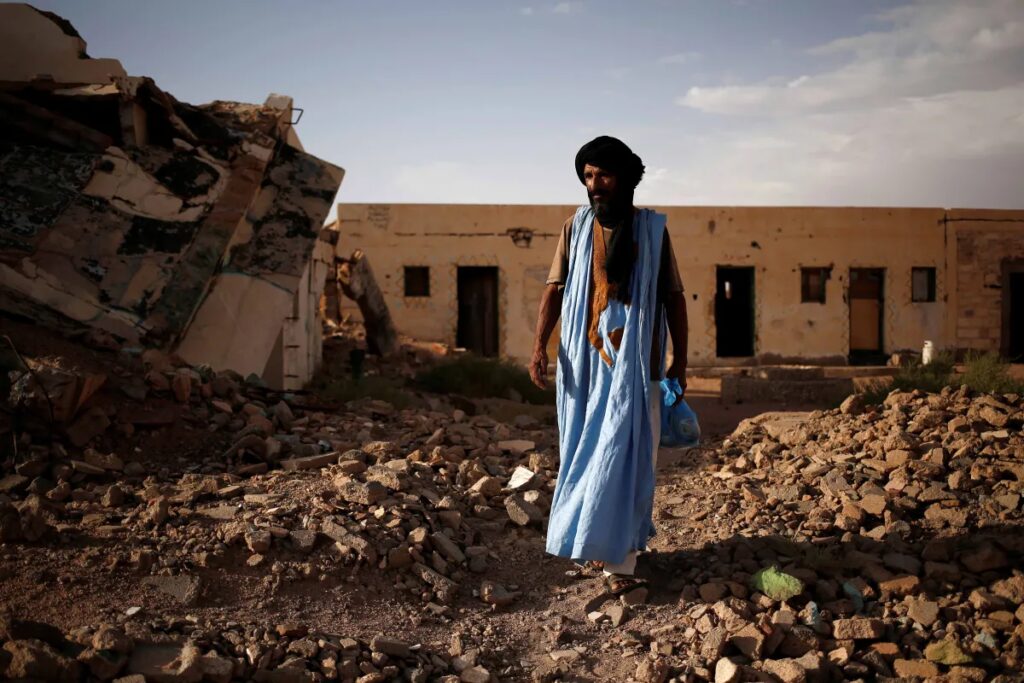
Since 1991, the United Nations has led a series of fruitless efforts to resolve the standoff over Western Sahara. A swath of desert about the size of the entire United Kingdom, Western Sahara is claimed both by the Polisario Front—a rebel group that the UN recognizes as the legitimate representative of the region’s inhabitants—and by its northern neighbor, Morocco, which wants to cement its de facto control over what it considers its “southern provinces.” By now, the dispute may seem frozen—or worse yet, that might is beating right: over the past five years, Morocco has bypassed the UN and secured extralegal bilateral endorsements of its sovereignty from France, Spain, and, most consequentially, the United States. But recent events in Azerbaijan, Sudan, and Israel show how suddenly so-called frozen conflicts can shift—and the contours of the Western Saharan dispute are poised to shift dangerously. The Polisario Front has started to take on Morocco more aggressively in legal forums, challenging its right to exploit Western Sahara’s resources, and Morocco and its neighbor Algeria—a key backer of the Polisario Front—have begun a dangerous arms race.


